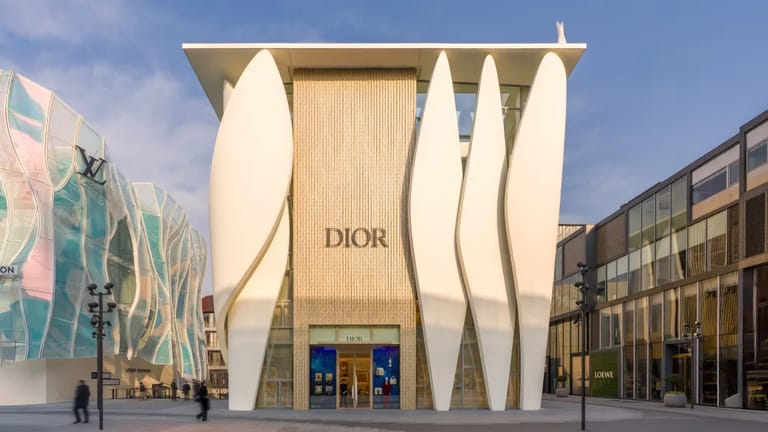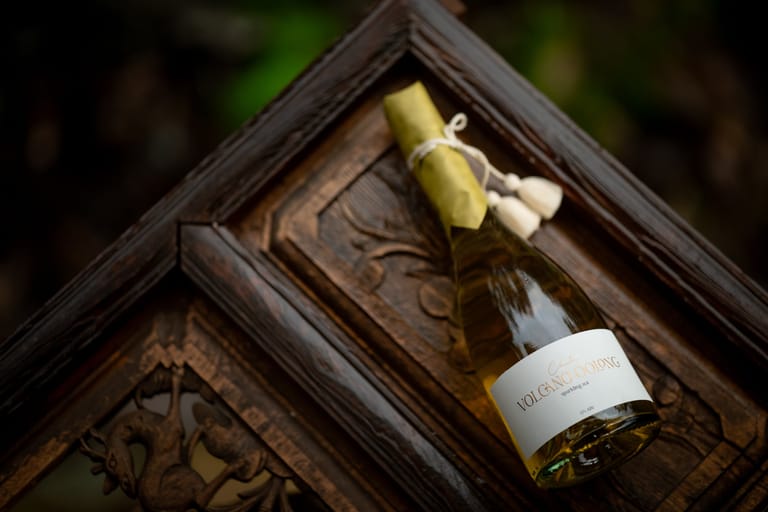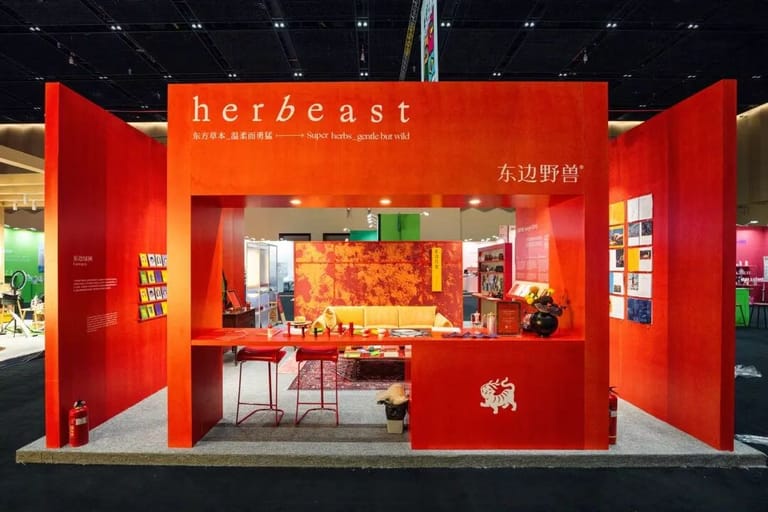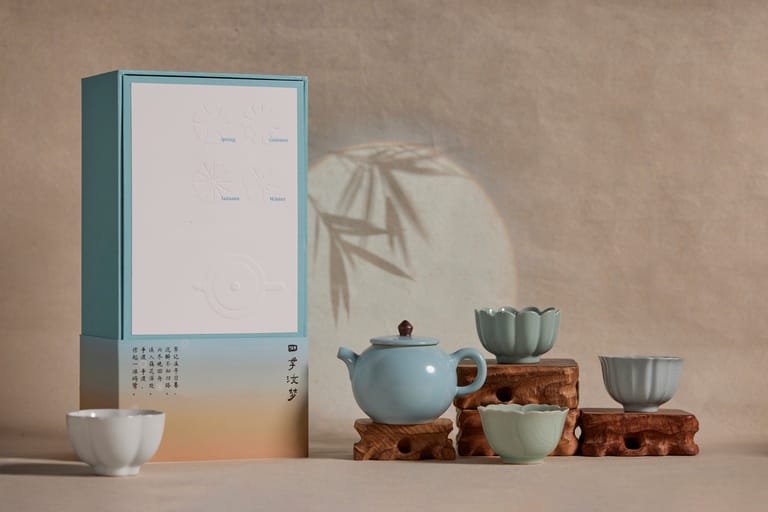Duanmu: The Chinese Luxury Brand Redefining Craft and Culture
By
Charlie Gu

Published on
September 10, 2025
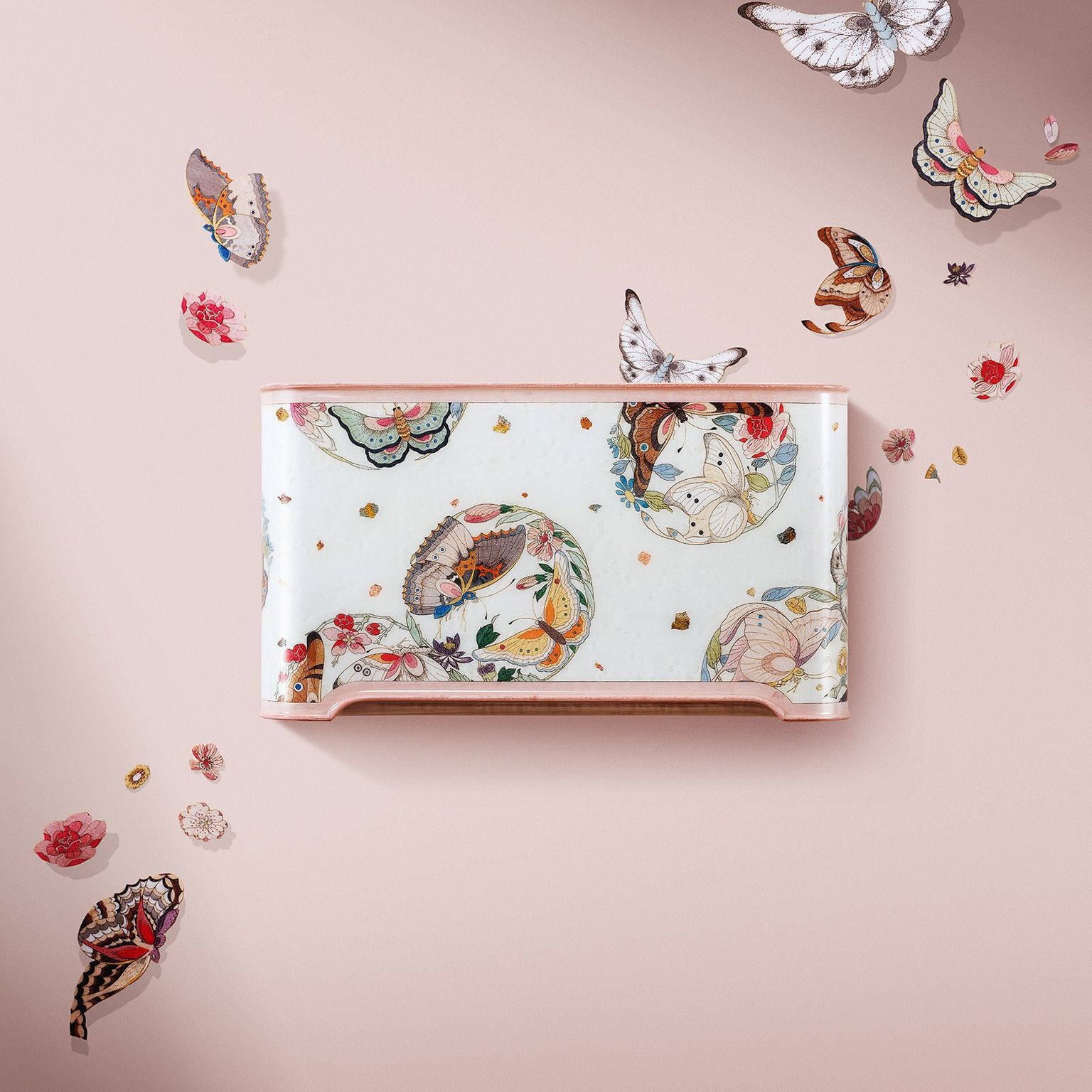
“I am willing to sacrifice my entire life for this brand, because the joy lies in the process.”
When brand founders talk about sacrifice, they usually mean the hardships of fundraising or the grind of scaling up. For Tian Qi, founder of Duanmu, sacrifice is not a burden but a conscious choice. In an era of speed and short attention span, his philosophy reveals what it means for a Chinese luxury brand to embody cultural ambition and design vision.
From Collector to Creator: The Origins of a Chinese Luxury Brand
Qi’s path into luxury design began not with a business plan, but with collecting. At university, he fell in love with ancient Chinese coins. Later, while studying architecture in the United States, his passion expanded to artifacts and antiques.
Returning to China, he faced a realization: valuable pieces were often stored in flimsy boxes, far removed from the tradition of fine wooden xia (cases) and silk nang (pouches). For centuries, these containers preserved not just objects but cultural memory.
Inspired, he founded Duanmu (端木良锦)— its name meaning “upright wood, fine brocade”—to revive this legacy in a contemporary form.
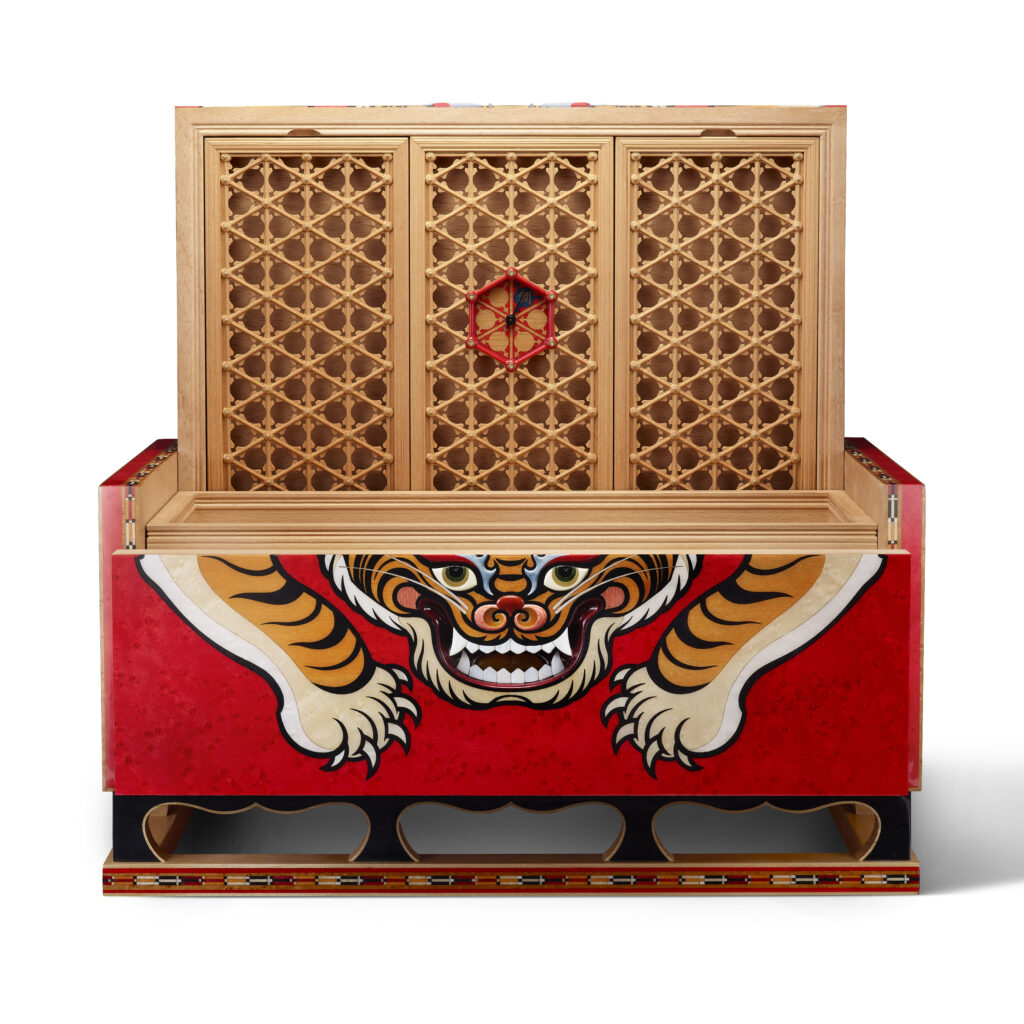
The early years were difficult. Factories could not handle one-of-a-kind craftsmanship. So Qi built his own workshop, training a team to create bespoke cases for coins, porcelain, jade, scrolls, and more.
For seven or eight years, Duanmu remained in obscurity, known only among collectors. Yet this “dark tunnel” allowed Qi to refine skills, building a foundation for what the brand would later become.
From Cases to Bags: A Breakthrough for a Chinese Luxury Brand
In 2017, a casual remark changed everything: “Your wooden cases would make great handbags.”
Qi realized that packaging could become bags. The first Duanmu clutch, made from wood with hidden joints, was more conversation piece than utility item. But it caught attention, moving the brand from niche collectors to the broader luxury market.
This leap marked the transformation of Duanmu into a Chinese luxury brand with global resonance.
The Philosophy of Slow Luxury: Sacrifice and Process
Unlike most entrepreneurs, Qi resists the cult of speed. “If you only pursue results, speed matters. But if you value the process, the only thing that matters is repeating the correct movement over and over again.”
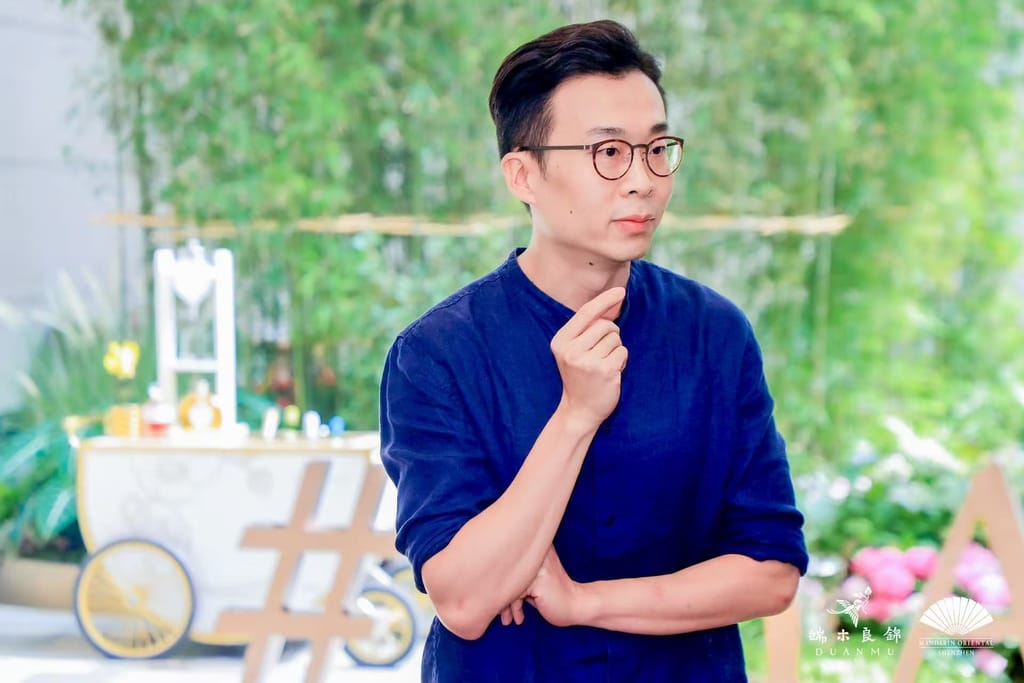
He rejects investor demands for short-term guarantees. For him, Duanmu’s value lies in its uniqueness and rarity. Sacrifice is not loss, but devotion to a process that brings joy.
“I am willing to sacrifice my entire life for this brand, because the joy lies in the process.”
Tian Qi, Founder of Duanmu
Design Innovation: The Scroll-Style Clutch
Among Duanmu’s innovations, the scroll-style clutch stands out. Inspired by traditional Chinese furniture with roll-top doors, the bag opens half-hidden, half-revealed, like a secret panel.
“I want people to feel surprised in that moment,” Qi explains. This design reflects China’s tradition of embedding ingenuity within structure rather than decorating surfaces. For a Chinese luxury brand, it is an act of cultural translation: ancient cleverness reborn in contemporary form.
Qi is skeptical of China’s booming “cultural creativity” (wenchuang) sector. Too often, he argues, it borrows symbols—patterns, colors—without rethinking structure or craft. These products are short-lived, dependent on surface nostalgia, and soon forgotten.
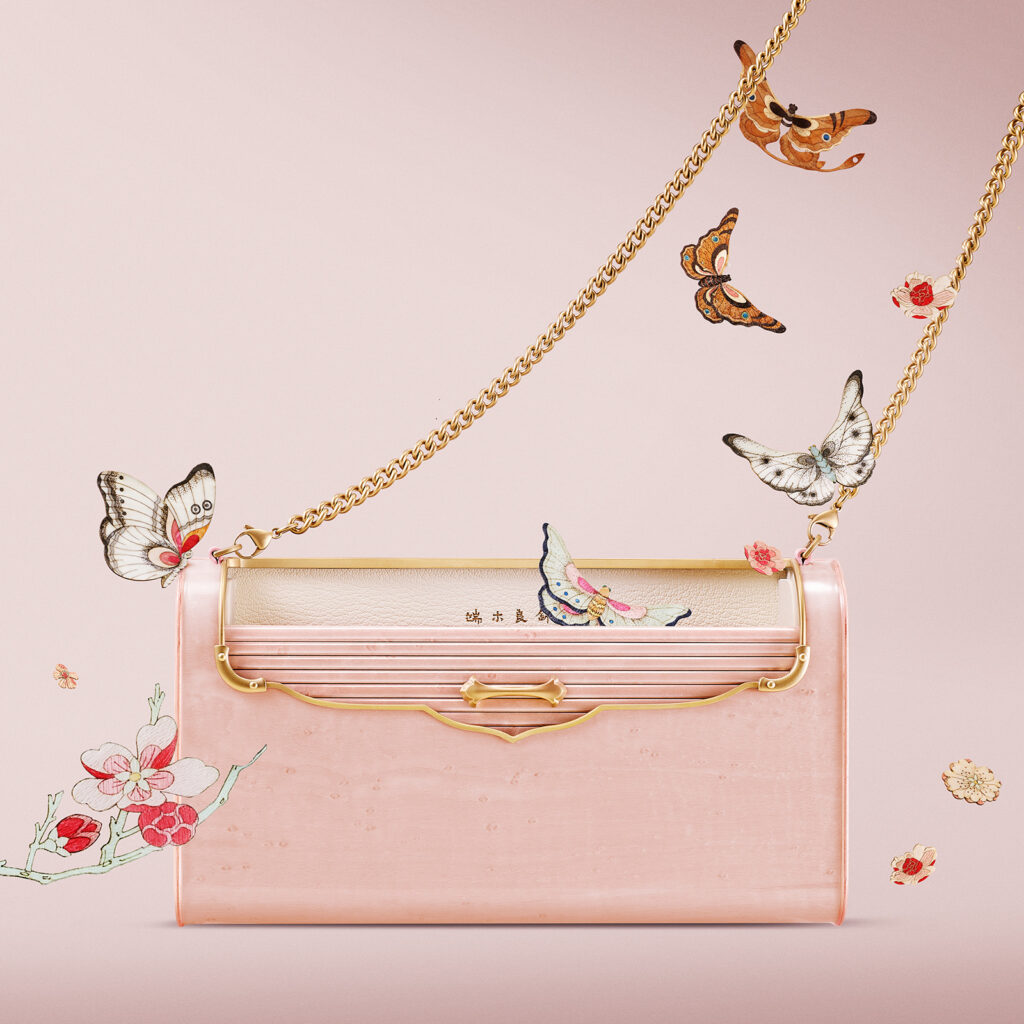
Duanmu’s mission is different. By reimagining tradition at the level of materials, design, and philosophy, it seeks to create enduring value. This is the difference between disposable cultural merchandise and a Chinese luxury brand rooted in depth.
Qi believes Chinese culture’s strength lies inside: a self-sustaining system rooted in agrarian traditions. Unlike Western maritime civilizations, China has rarely expanded outward; it absorbs and assimilates rather than exports.
For this reason, he resists pressure to prioritize “cultural export.” Instead, he argues, Chinese luxury brands must first strengthen its presence at home turf before expanding to other countries.
AI and Design: The Limits of Perfection
On the impact of AI, Qi is cautious and confident. AI can optimize based on data, but it cannot mutate. “AI’s perfection is its limitation,” he says. True breakthroughs come from human imperfection—mistakes, madness, and sudden leaps. Impressionism, Dada, Van Gogh: all began as “errors.”
For a Chinese luxury brand, the human touch—irrational, unpredictable, deeply cultural—remains irreplaceable.
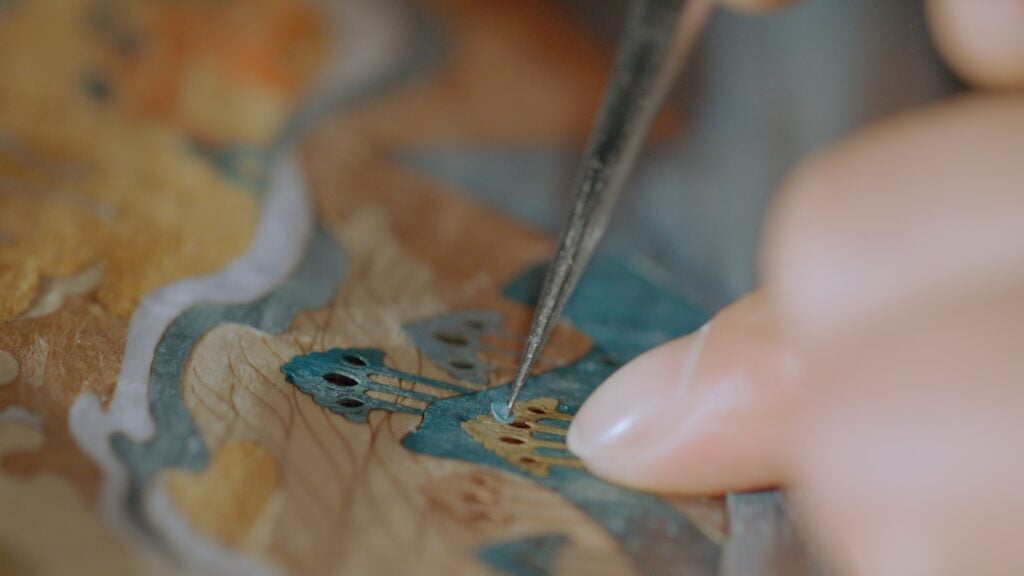
A New Design Movement
Qi’s ambition goes beyond brand-building. He hopes Duanmu can seed a new Chinese design movement, much as Impressionism reshaped painting or Bauhaus redefined design.
“The boundaries of a movement or school are not drawn by yourself, but by others,” he reflects. “As long as there is space, it can extend infinitely—until one day a new movement replaces it.”
An Alternative Vision for Chinese Luxury Brands
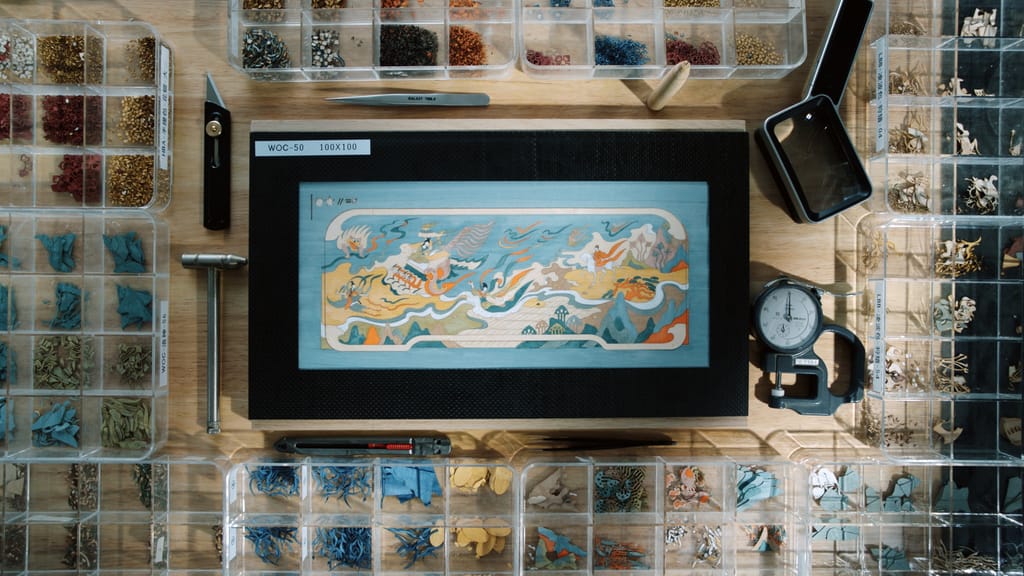
In today’s fast-moving luxury market, Duanmu is an outlier. But its difference may be its strength.
Qi’s lifelong devotion reframes what “Chinese ambition” means: not just global expansion, but cultural depth; not chasing trends, but initiating a school of thought.
When a founder is willing to devote his entire life to a brand, that brand acquires weight beyond commerce. And in that weight lies the promise of what Chinese luxury brands can bring to the global stage.






